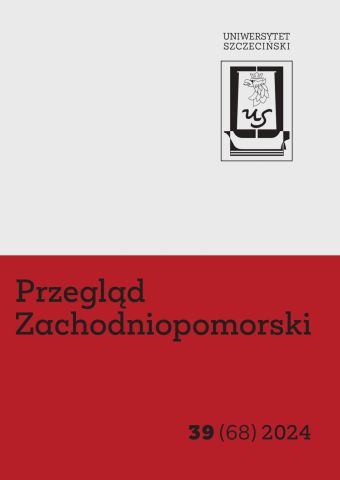The Importance of the Bydgoszcz Crisis in 1981 in the Political Career of Marian Jurczyk
The Importance of the Bydgoszcz Crisis in 1981 in the Political Career of Marian Jurczyk
Author(s): Michał SiedziakoSubject(s): History, Diplomatic history, Local History / Microhistory, Recent History (1900 till today), Transformation Period (1990 - 2010)
Published by: Wydawnictwo Naukowe Uniwersytetu Szczecińskiego
Keywords: “Solidarity”; Marian Jurczyk; Bydgoszcz crisis; Warsaw agreement
Summary/Abstract: The Bydgoszcz crisis was one of the turning points in Marian Jurczyk’s political career. At the time, he was at the very centre of nationwide events, being part of the National Strike Committee and a group of several representatives of the Solidarity leadership, headed by Lech Wałęsa, who held talks with representatives of the communist government, which ended with the signing of the Warsaw Agreement. Jurczyk then became convinced of the ill will of the authorities and developed a distrust of union advisors. He was also offended by the attitude of Wałęsa himself, who cut off other union leaders, including Jurczyk, from influencing decisions. In the months that followed, Jurczyk, leaning on the ranks of Solidarity membership masses, began to become progressively radicalised along with them. At the First National Congress of Solidarity Delegates, he acted as a counter-candidate to Wałęsa in the election for the presidency of the union, in an attempt to resist Wałęsa’s authoritarian style of managing Solidarity. Having learned his lesson from the Bydgoszcz crisis, Jurczyk appealed to the will and opinion of “ordinary citizens” throughout his further trade union and political career.
Journal: Przegląd Zachodniopomorski
- Issue Year: 39/2024
- Issue No: 01
- Page Range: 293-327
- Page Count: 35
- Language: English

